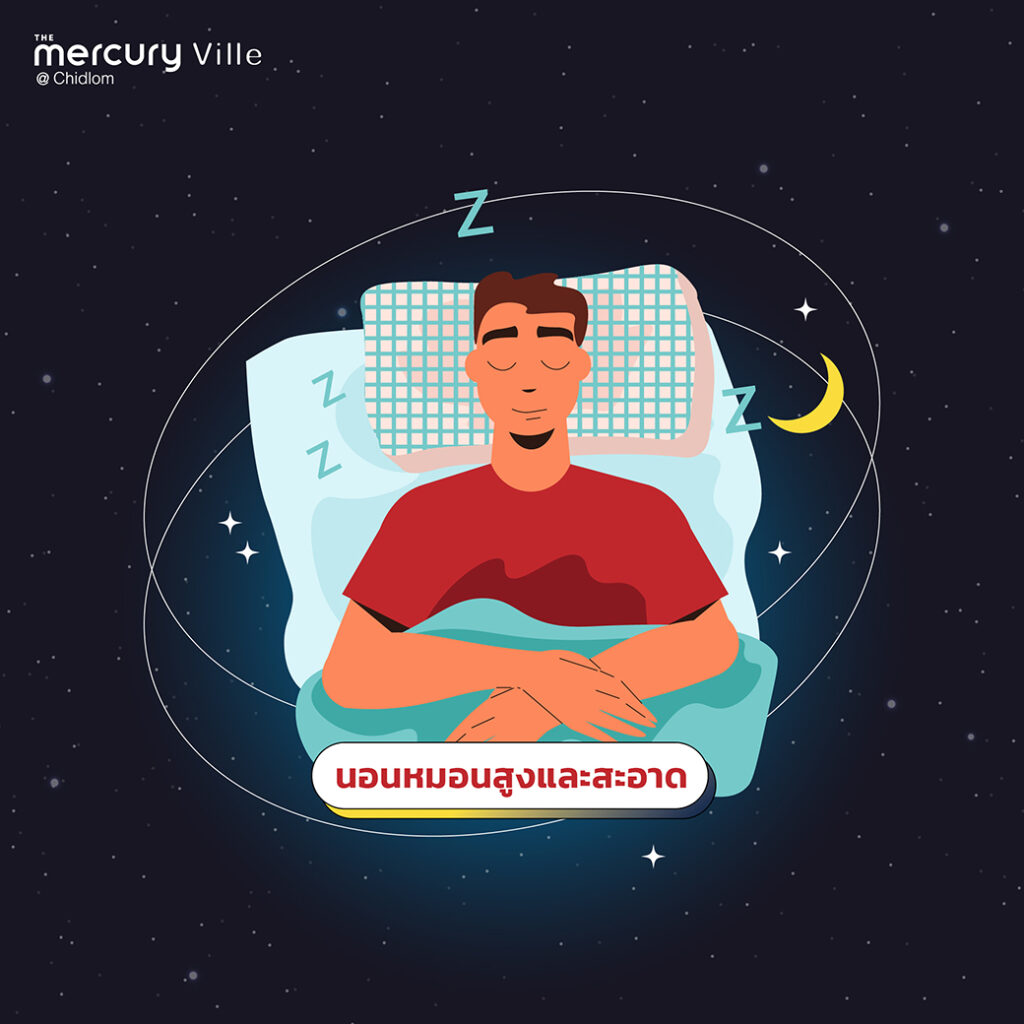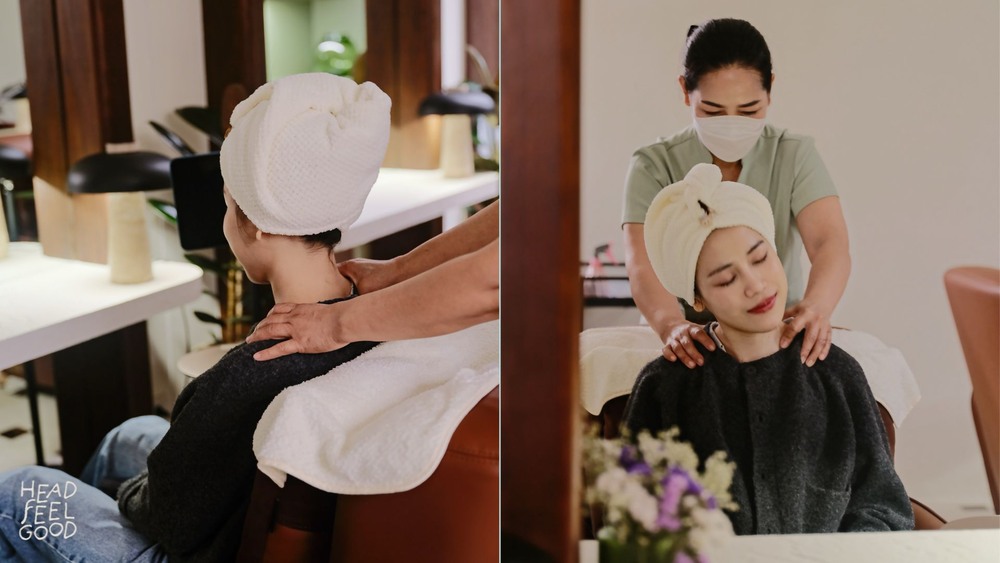
The problem of insomnia due to stress and work aside, which is a major problem for working-age men and women, another silent danger that is equally dangerous goes to what’s lesser known as sleep apnea; the condition of stopping breathing while sleeping and snoring.
In fact, snoring is one of the symptoms that indicate a narrowing of the airway which poses a number of adverse effects on health, such as high blood pressure, heart disease, or even depression. Today we’ll get to know what sleep apnea is and 5 great tips for easily getting snoring problems under control at home.


Sleep apnea is a life-threatening condition that can potentially contribute to other abnormalities and even death. Generally speaking, it is found more commonly in men than in women or in individuals who are overweight. The frightening aspect of this condition is that most patients are unaware of their own abnormalities while they are sleeping, which can result in severe symptoms or long-term impacts without them even realizing one bit.
The main initial symptoms of the condition range from snoring to waking up feeling dry in the throat to tossing and turning, and even to grinding teeth during a night’s sleep. If you happen to have any of these symptoms (or ones close to you help notify), it indicates that you have an abnormality in your breathing system that occurs during sleep, which can impact daily life such as shortened attention span and mood swings.
If you think you may be experiencing this issue, do not forget to see a doctorfor a sleep test or health evaluation during sleep to determine the severity of the disease and prepare for any future treatment.


A number of research studies have suggested that snoring often occurs when we sleep on our backs because this sleeping position causes the muscles in various areas to relax and easily block the airway. Therefore, side sleeping can help reduce snoring. Snoring is caused by an obstructed airway, which is often a result of respiratory difficulties. Moreover, smoking can affect the tissues in the respiratory system. The more one smokes, the more likely they are to experience snoring.


Regular aerobic exercise can help reduce neck tension and improve muscle tone in the neck area, as well as reduce respiratory obstruction and minimize snoring symptoms.


Swelling of the upper respiratory system can cause breathing difficulties and lead to snoring. Simply elevating the pillow you sleep on can effectively help reduce such swelling. Maintaining the cleanliness of the sleeping area can also prevent the accumulation of dust mites that may trigger respiratory system allergies.


Try opting for a humidifier in your bedroom. Dry air (especially when in an air-conditioned room) can make breathing through the nose more of a trouble. This leads our body to switch to mouth breathing during sleep, which can end up leading to snoring. A humidifier helps balance the moisture in the air, making nasal breathing easier and more or less improving snoring situation.


?????’? ????: Nasal Strips Tan & Clear
Try this! Nose-closing tape (Exclusively at Matsumoto KiYoshi) can help reduce snoring. It expands the nasal passages during sleep while stimulates nasal breathing and reduces nasal congestion. A great product that we recommend everyone to try!



